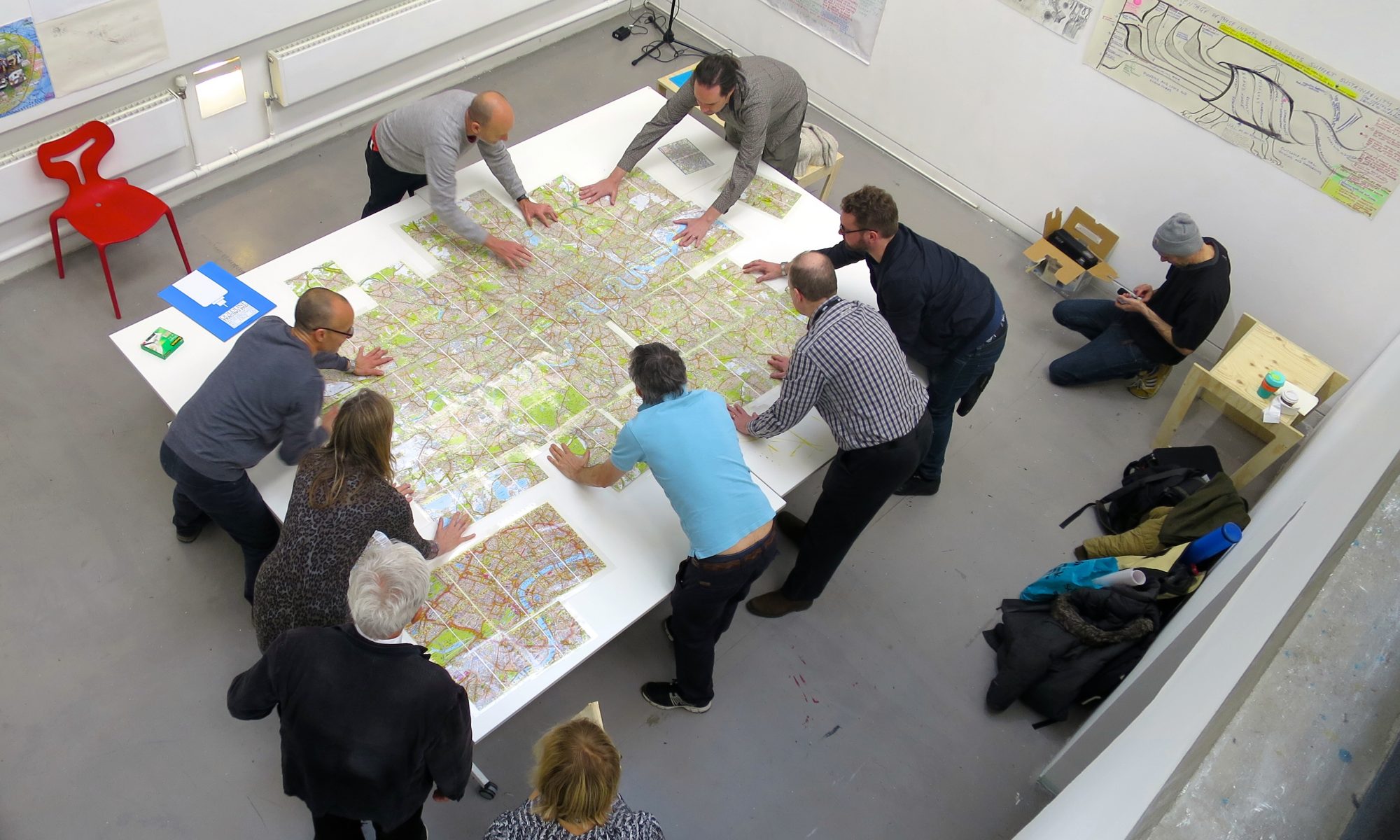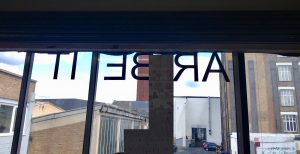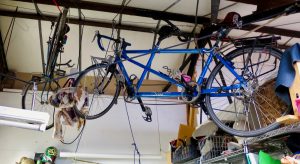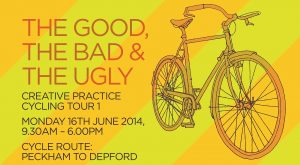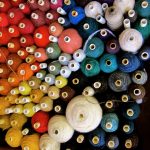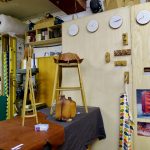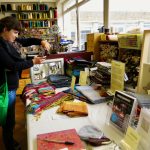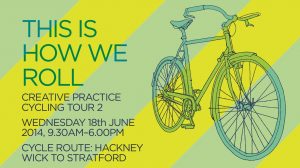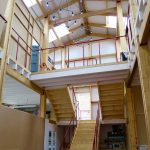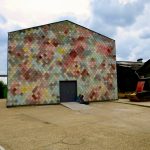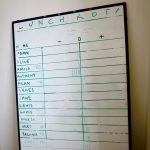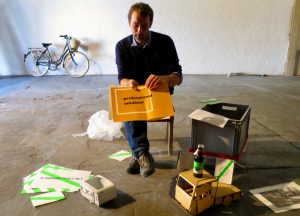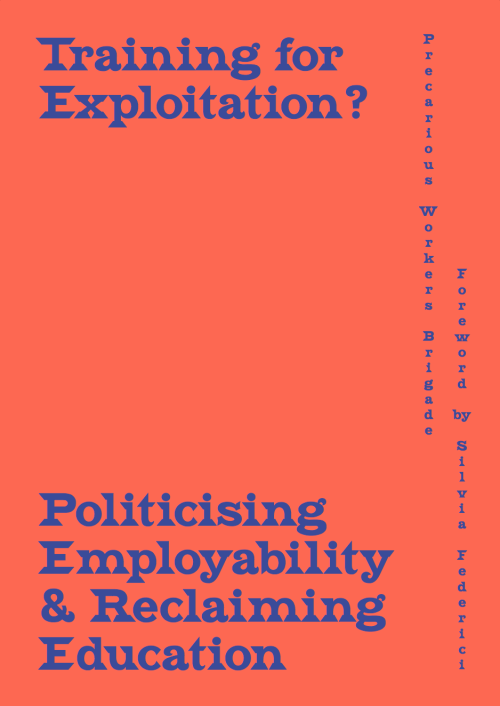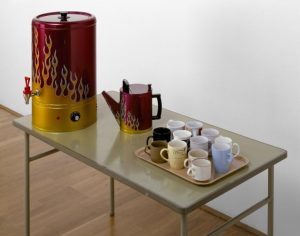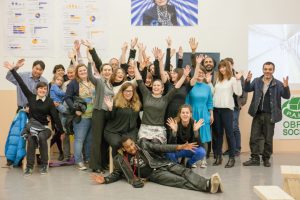
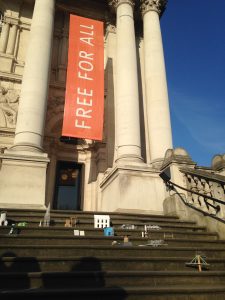
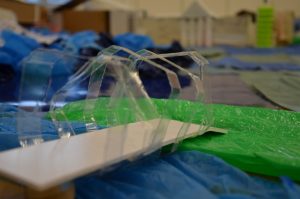
A partnership between Chelsea Local and Artfield Projects, this five-day project took place at Tate Exchange, Tate Modern (London, UK). Staff, students and alumni from University of the Arts London (UAL) collaboratively delivered an experimental programme exploring future homes, communities and ‘production’.
Producing Future Homes and Communities: Utopias, Dystopias, Heterotopias and Other Spaces | Tate Exchange | 6 – 10 February 2018
With funding from the University of the Arts London Teaching and Learning Fund
Co-curated by Interior and Spatial Design Programme tutors Marsha Bradfield (Artfield Projects) and Shibboleth Shechter (Tate Associate) the programme stemmed from the conviction that shared sustainability depends on cultural and other forms of heterogeneity. Communities are not something we can take for granted. They must be produced and reproduced in response to diverse conditions and considerations.
Producing Future Homes and Communities convened a community-of-communities that considered the significance of museums and other cultural institutions while grappling with the materiality of community and how it is shaped through structures, systems, networks and other relations. Through a series of public workshops it considered the future to better understand the present: smart cities, climate change, generative and other materials for urban expansion and renewal, as well as so much more.
At the centre of Producing Future Homes and Communities was a large-scale collaborative experimental build using recycled materials from Tate Modern and beyond. With input from tutors from across UAL including Emma Hunter, Sadhna Jain, Peter Maloney, Matt Schwab, Takako Hasegawa and Wilfried Rimensberger – a community activist and Director of Millbank Creative Works the programme reflected on the changing importance of the home to consider the broader contextual relationship of ‘the domestic’ to the world – the relationships between public and the private spaces. These projects and collaborations culminated in a large scale Community Market, where students transacted alternative futures through a non-commercial community market showcasing creative practices from disparate points of view that variously propose utopic, dystopic and a medley of other scenarios.
Producing Future Homes and Communities also advances projects realised by Critical Practice and the Camberwell, Chelsea, Wimbledon Graduate School through practice-based research into value systems beyond the monoculture of money.
Programme – Producing Future Homes and Communities
Tate Exchange, 5th Floor, Blavatnik Building, Tate Modern
Workshops
Future Archiving – led by Marsha Bradfield and Shibboleth Shechter
Souvenirs: memories of the past, objects for the future – led by students from MA Graphic Design Communication (Chelsea College of Arts)
Space Detectors – led by Takako Hasegawa
Constructing Architectures and Infrastructures for Community Engagement
Constructing the House of Daydreams – led by students from Interior and Spatial Design (Chelsea College of Arts)
A Community Market
Featuring the following stalls: #Barter: Narrative Exchanging Station | Affordance | Artshoes – Walk Your Way | Community Days of Future Past | The Continuum: An Architecture for a Conceivable Future | Drawing Life-Map of Future | Future Archive: Legacies | A Game of Impression And Imagination | Gel Dancing with Open Systems | Gestural Dictionary for A New Community | Give, Take, Make | Is Digital a Killer Virus for Community | NSC – New Sky City | Reinterpreting the Aqal| Those Bloody Stairs | Space Detectors Workshop: Remnants | Outcomes from Souvenirs: Memories of the Past, Objects for the Future
